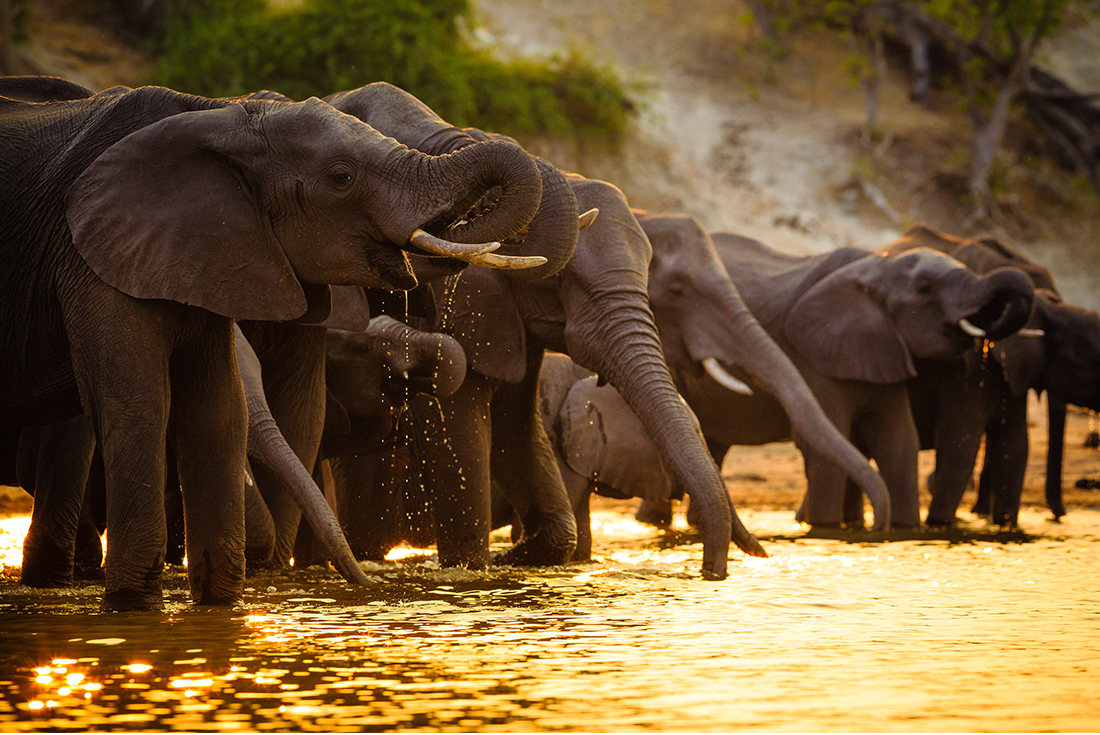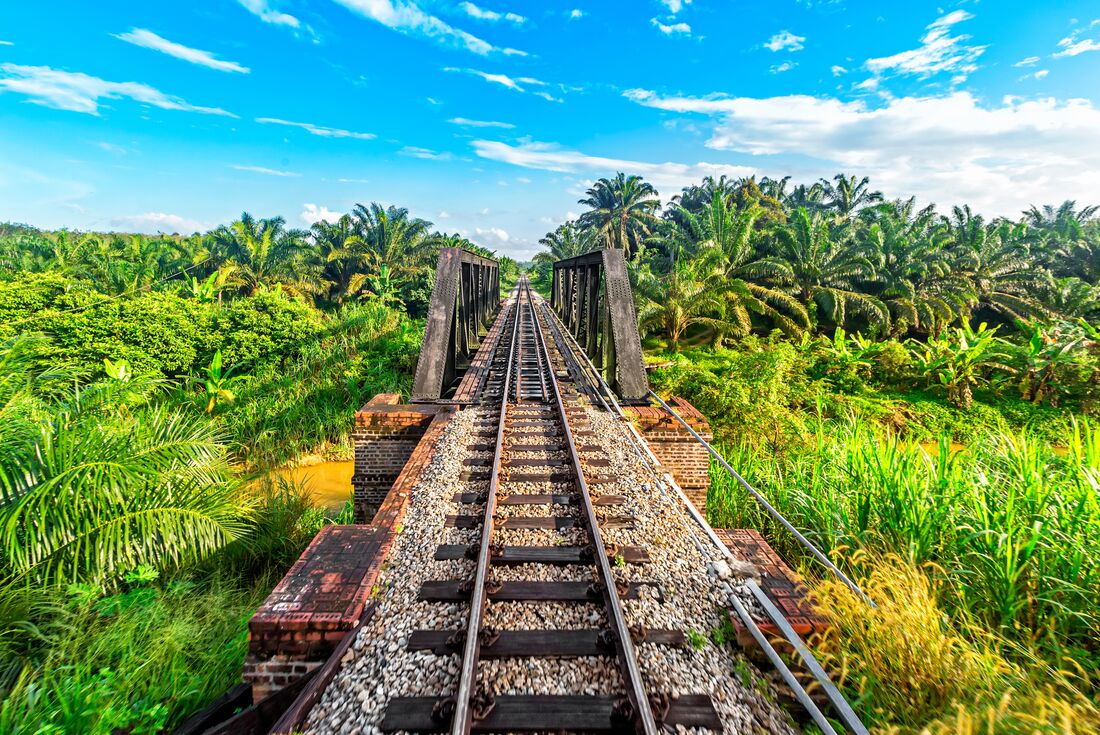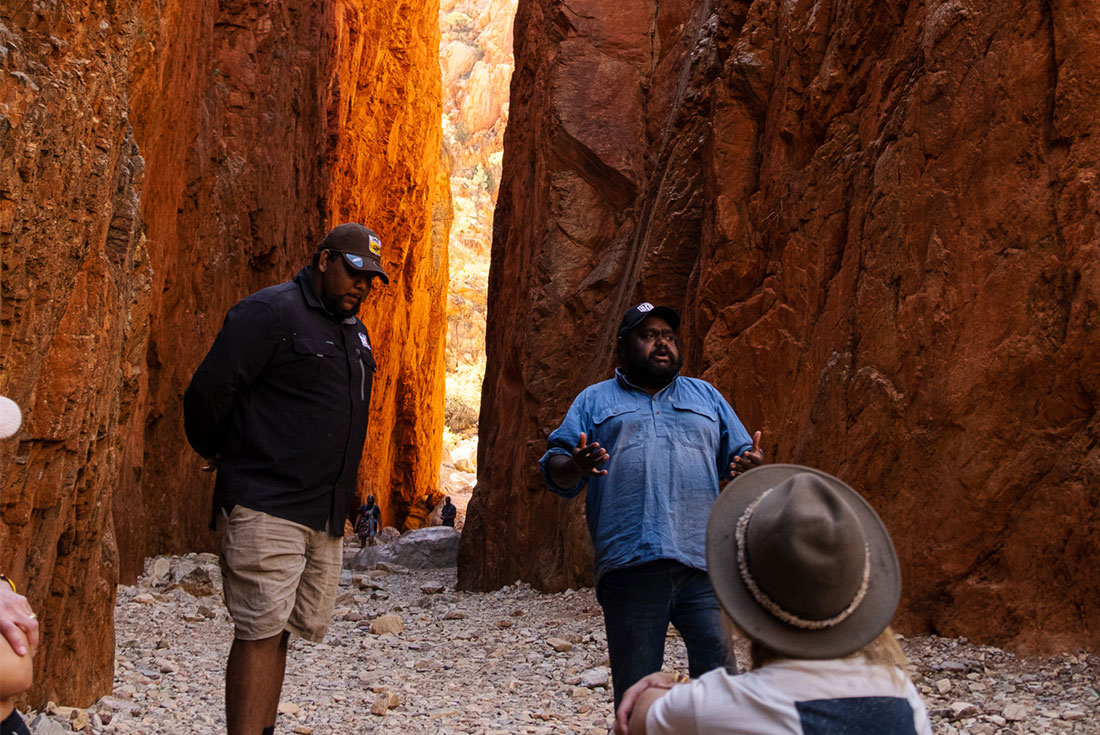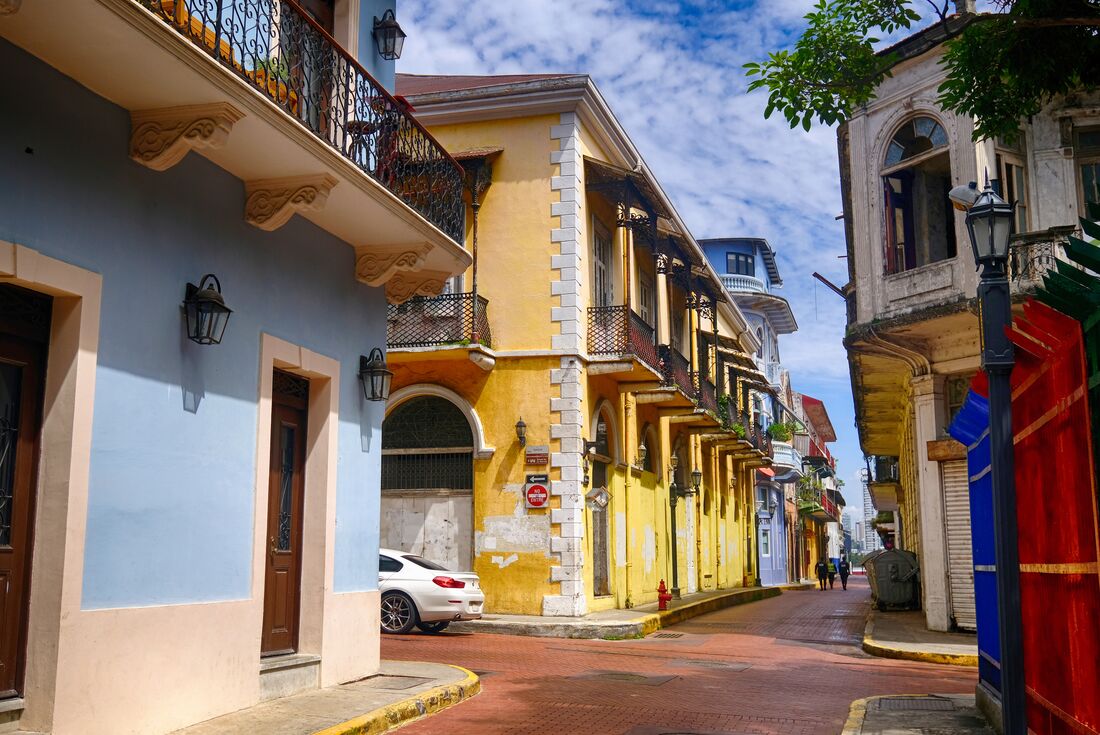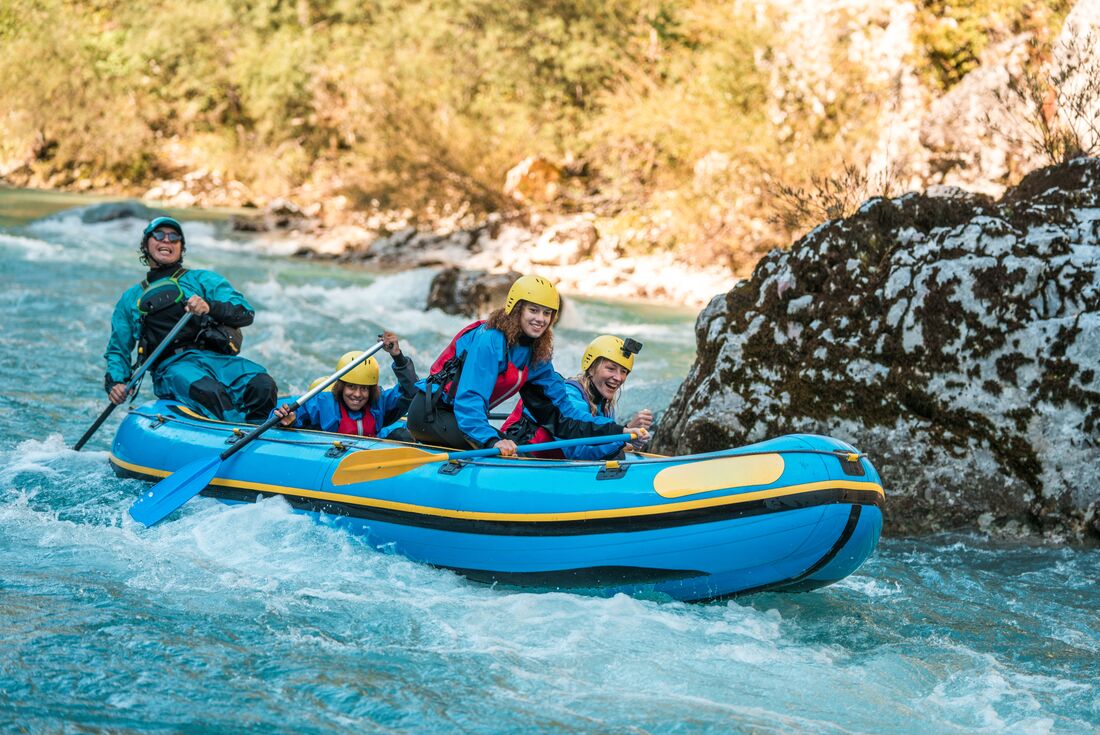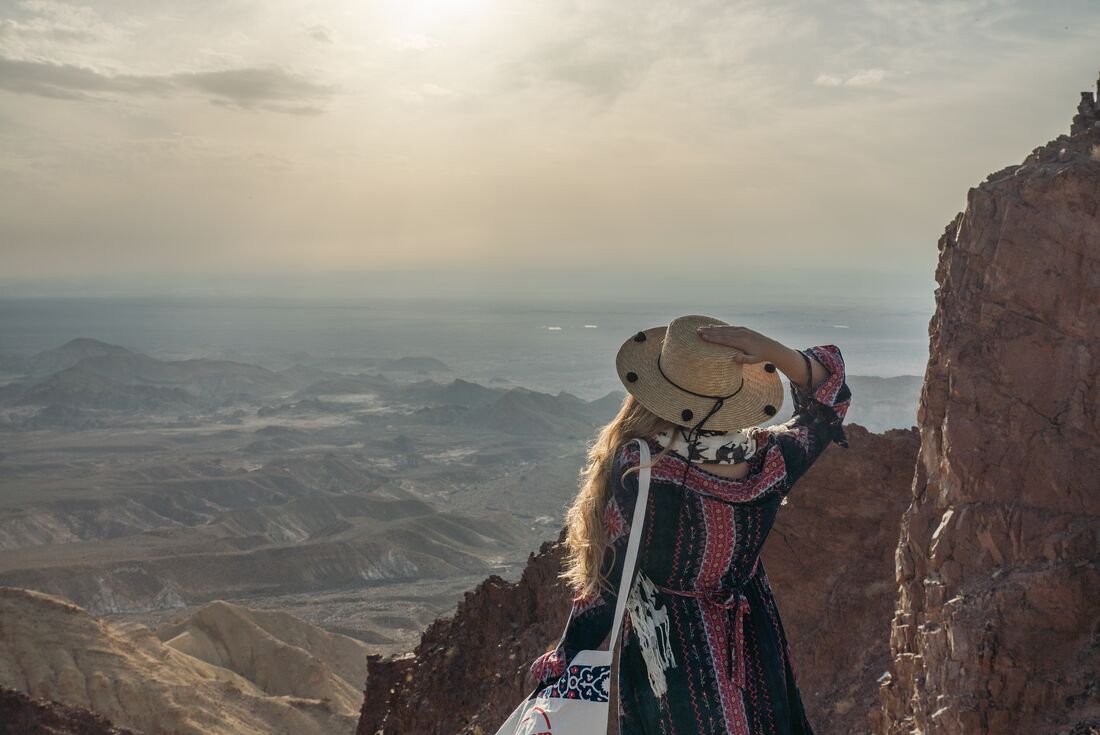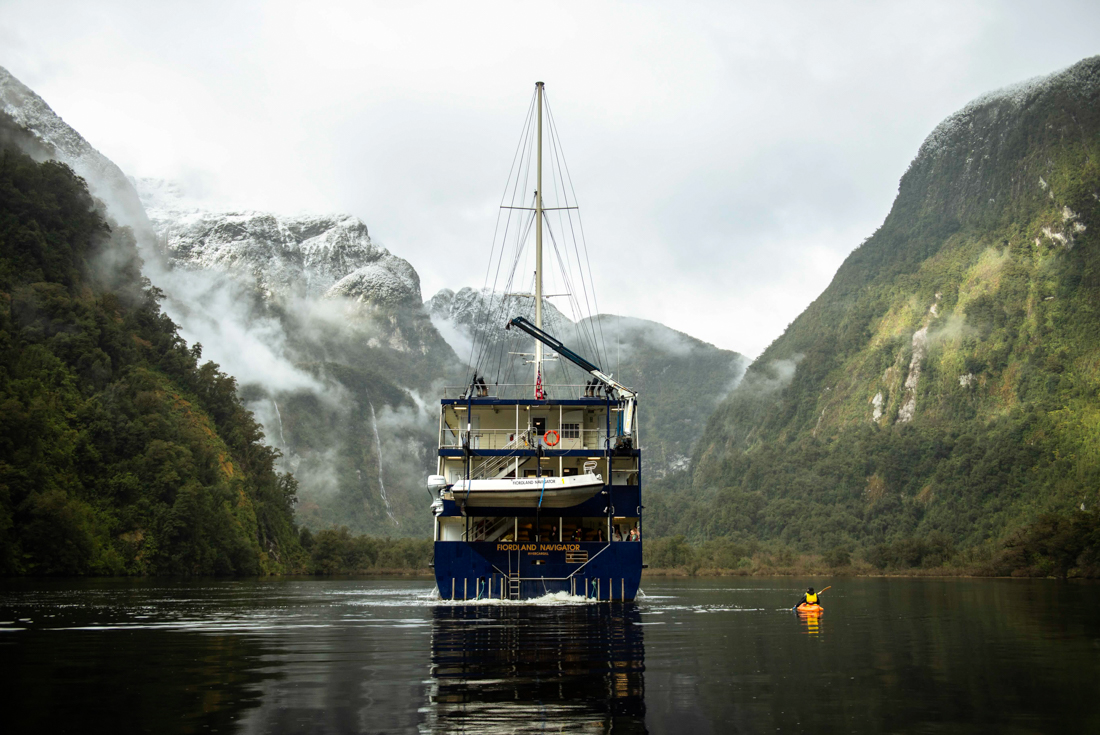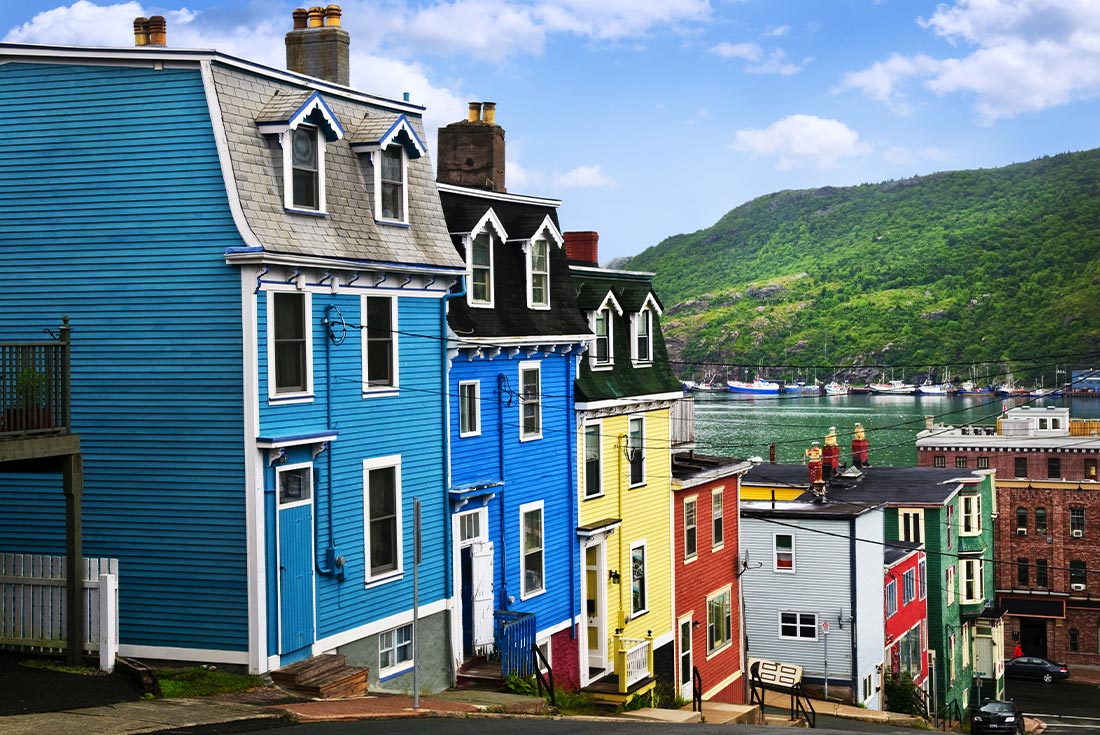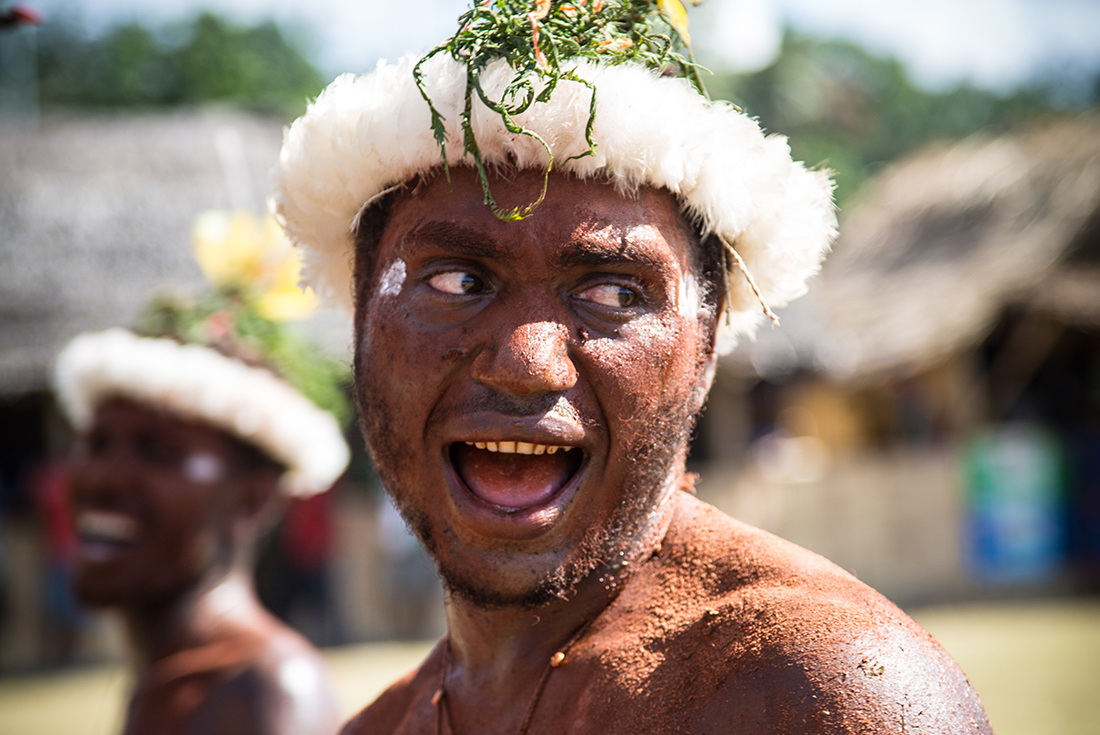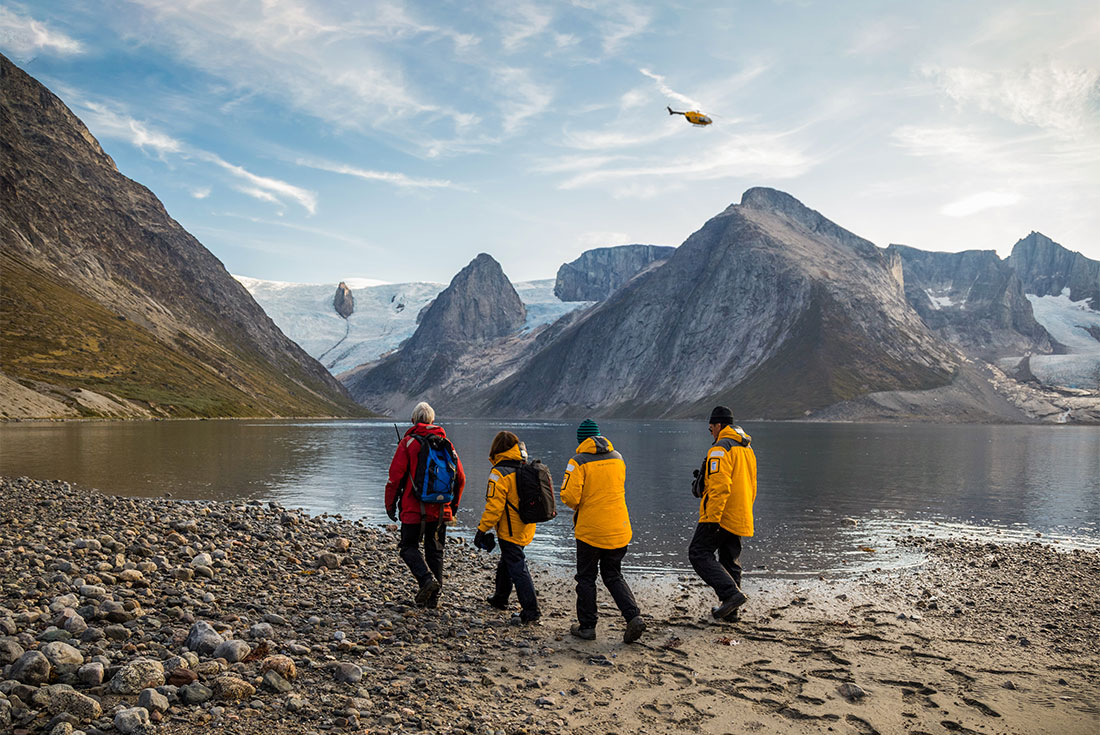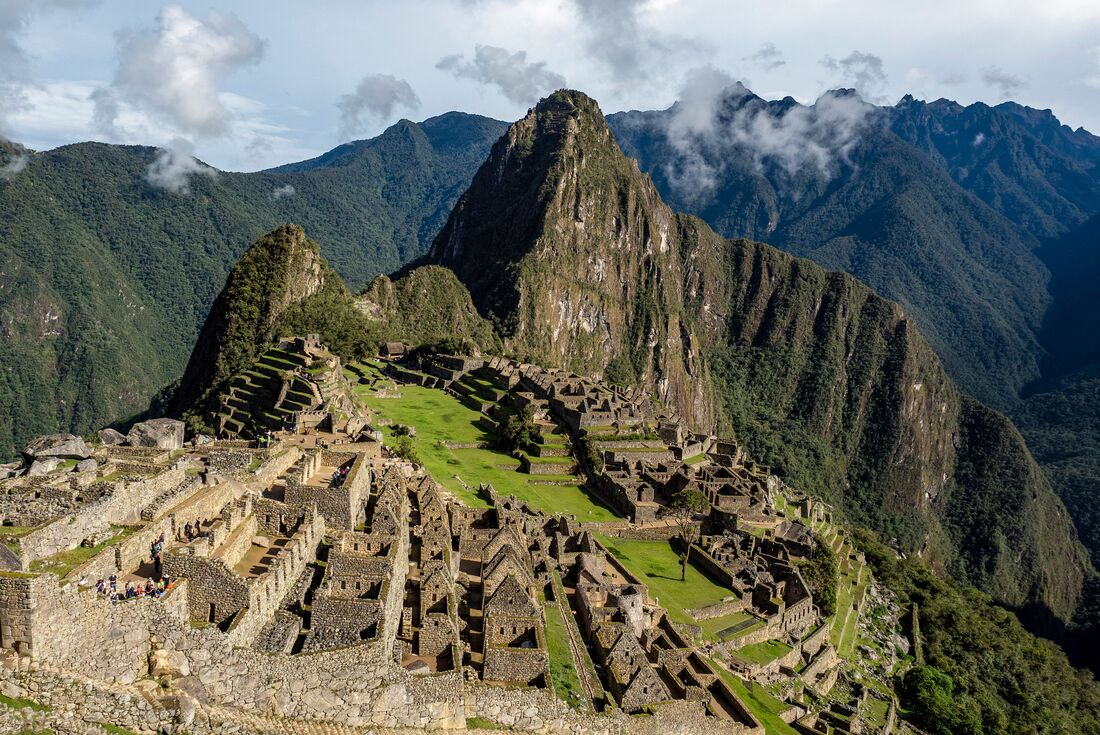*Ts&Cs apply, subject to availability, This tour is subject to change in availability and cost until booked and secured with either a deposit or full payment, as required. Upgrades are available on request. Price does not include New Zealand domestic flights, these are an additional cost and will need to be paid in full to secure. Accommodation maybe required pre and post tour in Auckland at an additional cost , price TBA. Service fee of $150pp has been added to the price. A single supplement fee of $4,400pp is available on request. We will try our best to ensure you are on direct connecting flights without overnight stays where possible.
PHYSICAL LEVEL 1: All Wendy Wu tours feature a physical rating to help you select the right holiday for you. To travel on any of these tours requires unaided mobility and the ability to stroll around the sights. Girls on Tour! South Africa is rated as a Physical Level 1 tour. A reasonable level of fitness is required, but it’s more about spending time on your feet rather than covering large distances. You’ll be getting on and off coaches, safari vehicles and boats, walking around the sights and climbing some steps.
• There will be sightseeing on foot for both short and extended periods of time.
• The safari’s will be taken in open-air 4x4 vehicles
Of course, the local guides and NZ Host will always endeavour to provide the highest level of service and assistance; however, they cannot be expected to cater for customers who are unfit to complete the itinerary. JOINING YOUR TOUR: The tour is 17 days in duration including an overnight international flight on the return journey as this is the most likely flight option from New Zealand.
Travellers booked on ‘Land Only’, the price includes your arrival/departure airport transfers if arriving/departing on the start and conclusion date of the actual tour, or when booking pre and post night accommodation with Wendy Wu Tours. Please email your international flight times to wendywutours.co.nz so we can arrange your transfers accordingly.
For ‘Land Only’: Join the tour for a Welcome Dinner on Day 1 at the hotel in Johannesburg and end the tour at approximately 12 noon on Day 16 at Johannesburg Airport. Please refer to your final itinerary for more specific meeting instructions pertaining to your departure.
ITINERARY CHANGES:
It’s our intention to adhere to the day-to-day itinerary as printed; however, the order of events or sightseeing may change as we look to improve our tours or as local conditions dictate. In these circumstances we’ll make the best possible arrangements maintaining the integrity of your trip.
VISAS: New Zealand passport holders currently do not require a visa to enter South Africa. However, your passport needs to be valid for at least six months beyond your intended return date to New Zealand and contain at least three blank pages within.
New Zealand passport holders will require a single-entry visa to enter Zimbabwe at Victoria Falls Airport. Upon arrival at the airport in Zimbabwe, guests are asked to proceed to the Immigration Counter where you’ll be provided with an 'Immigration Declaration Form' to complete and request to pay the visa fee in cash (US dollars). It's advisable to have the exact change of US$30 to ensure a smooth process. We suggest that you take x2 professional passport photos with you as well.
Please note the visa procedures and requirements may change at any time. These changes are often made by the relevant embassy or consulate. Wendy Wu Tours acts as a third party and has no influence on the process of a visa. Your travel consultant will inform you if any changes are applicable prior to your departure.
INSURANCE: We strongly recommend that you take out a policy as soon as you pay your deposit. Wendy Wu Tours cannot in any way be made liable for any additional cost incurred by the customer on any tour due to the customer not having adequate travel insurance.
We also encourage all customers to take a copy of their travel insurance documents (especially relevant international contact numbers) with them while on tour. We advise that you check the inclusions and procedures for lodging claims prior to your departure. These documents should be stored separately from the original.
EATING IN SOUTH AFRICA: Eating in South Africa is a diverse and flavourful experience, reflecting the country's rich cultural heritage and its blend of indigenous, European, Asian, and African influences. The cuisine is influenced by the country's history and various ethnic groups. You'll find traditional African dishes, Dutch, British, Indian, and Malay-inspired foods, among others. The iconic braai, a barbecue feast of meats and traditional sauces, embodies communal gatherings. Biltong and droëwors offer savoury snacking options, while dishes like bobotie, a fragrant blend of spiced meat and custard, showcase Cape Malay influences. Indian-inspired samosas and the unique bunny chow add further dimension to South African dining. From pap and wors, a staple pairing of maize porridge and sausages, to seafood harvested from the extensive coastline, the culinary scene is a celebration of diversity. Wine regions like Stellenbosch, and cultural festivals, highlight the country's love for wine and food throughout.
Ultimately, South African cuisine tells a story of cultural fusion and community, inviting locals and visitors alike to savour its distinctive flavours. Restaurants in South Africa offer good value. In every city you’ll find fine restaurants with imaginative menus. Generally, restaurants are licensed (sell alcohol) except for Muslim establishments serving Cape Cuisine which don’t sell alcohol at all. In big cities such as Cape Town, continental-style cafes are also popular. Service is good and friendly.
Note, please inform us of any allergies and/or special dietary requirements at the time of your booking so we can ensure a quality and healthy experience for you.
TRANSPORT: Coaches: Coaches with air conditioning are used on our group tours for city sightseeing, short excursions to the countryside and longer transfers where necessary. Main and inner-city roads in South Africa have a reputation for being very congested. For this reason, it may not always be possible to return to your hotel after sightseeing to freshen up before going to the restaurant for dinner. Roads in South Africa have generally been improved over recent years, but traffic and/or weather conditions may extend driving times. Road construction work usually covers an enormous section of road - not just one or two kilometres as you may be used to. For this reason, the timings listed in the sections above are approximations only.
Public Transport: South Africa does not have a well-developed public transport system. All the cities have a municipal bus service, which runs according to an established schedule, but only until a certain time of night. The service is infrequent and even more limited over the weekends and public holidays. Towns do not offer a municipal bus service. It is not recommended that tourists use public transport.
Taxis: There are mainly two types of taxis in South Africa. Metered taxis are more expensive and are found mainly in the cities, although some small towns may have a limited number. They cannot be hailed from the street and must either be ordered by phone or secured at the taxi ranks, which are scarce. Minibus taxis are the cheapest, but also the most uncomfortable. Violence connected with minibus taxis, and a relatively high accident rate, make this the least preferable mode of transport.
TIPPING POLICY: Tipping while on holiday is common in most parts of the world, with South Africa & Zimbabwe being no exception. However, it is not always clear who it is appropriate to tip and how much. Furthermore, travellers may not have the right amounts of cash available at the right time. To avoid any inconvenience, Wendy Wu Tours operates a tipping policy where an amount of $75 USD (for South Africa) and 3000 ZAR (for Zimbabwe) per person is given to your Host (Lisa Anthony) at the beginning of the tour - and then tips are disbursed amongst your main service providers (for example local guides, drivers, trackers and rangers) throughout your tour. The amount is designed to be at a reasonable level for travellers, while being fair to the local people and includes a gratuity for the National Escort in both South Africa and Zimbabwe.
Any other tipping, such as tips for bathroom attendants, restaurant staff or hotel porters that are taking luggage to your room, is at your discretion based on satisfaction of services received.
We generally find that most customers appreciate the convenience of our tipping policy, but we do recognize that it may not suit everyone. However, as this is a group tour, we ask that everyone follows the same protocol to be fair to other group members and to ensure the smooth operation of your tour.
ACCOMMODATION: All group tour hotels have private western bathroom facilities, TV and a telephone. Electricity supplies can be erratic and quite often the power in hotel rooms is turned off while guests are out of the room. If you experience any difficulty, please speak to your Local Guide or National Escort.
Your accommodation has been selected for convenience of location, comfort, or character, and can range from a business hotel in one city to a family-run guesthouse in a smaller town or a heritage-type hotel. Hotels are generally rated as local four-star standard, but do note that there is no international classification system for hotels and differences in facilities and quality do exist between New Zealand and South Africa/Zimbabwe. Rest assured that all hotels used by Wendy Wu Tours are regularly inspected by our staff, and our ground partners, to ensure that standards are met. Please be aware that there are security measures carried out at all hotels, on guests and vehicles entering the properties.
APPROPRIATE DRESS: When traveling to South Africa, especially in warm and sunny climates, it's advisable to pack light and comfortable clothing made from cotton in light colours to stay cool. Long-sleeved shirts and trousers can provide protection from the sun and insects. Carrying a lightweight waterproof jacket is also a good idea in case of unexpected rain. A sturdy pair of trainers or hiking shoes is essential for exploring various terrains comfortably. To shield yourself from the sun, a wide-brimmed hat, sunscreen, and sunglasses are important items to have.
Don't forget to capture the stunning landscapes and experiences with a camera, and make sure to bring along chargers and spare memory cards. A lightweight flashlight can be handy for navigating in low-light conditions. Prioritize your well-being by packing a medical kit that includes essentials like first aid supplies and any personal medications you might need. If you're visiting malaria-prone areas, remember to take appropriate anti-malarial precautions. With these essentials in your luggage, you'll be well prepared for a memorable and comfortable adventure in South Africa and Zimbabwe.
PARK RULES: Game Drive Rules:
• Guests should always remain seated.
• Refrain from talking when viewing animals.
• Always keep arms and legs within the confines of the game drive vehicle.
• Do not grab onto any branches or leaves whilst the vehicle is moving.
• Strictly no feeding of animals.
• Guests should note that game drive vehicles are open to the elements.
• Ensure to wear comfortable / neutral colouring clothing.
• Sun Hats, and Sunglasses in particular, are advisable.
• Bring a light jacket with as it gets chilly during the early morning and once the sun sets on afternoon drives.
• Warmer jackets, beanies and scarves are advisable for winter months.
WEATHER: Temperate conditions are typical in South Africa and Zimbabwe, making it a popular destination for sunshine-seekers. South Africa is renowned for almost seven months of sunshine. From May to August, temperatures drop. April and May are the most temperate months. In certain areas however, notably the hot and humid KwaZulu-Natal coast, Mpumalanga and the Northern Province, June and July are the ideal holiday months. The wide expanses of ocean on three sides of South Africa have a moderating influence on its climate. More apparent, however, are the effects of the warm Agulhas and cold Benguela currents along the east and west coasts, respectively. While Durban (east coast) and Port Nolloth (West Coast) lie on the same latitude, there is a difference of at least 6 degrees centigrade in their mean annual temperatures.
Temperatures
Despite a latitudinal span of 13 degrees, average annual temperatures are remarkably uniform throughout South Africa. Owing to the increase in the height of the plateau towards the Northeast, there is hardly any increase in temperature from south to north, as might be expected. There is a striking contrast between temperatures on the east and west coasts. Temperatures above 32°C are fairly common in Summer and frequently exceed 38°C in the lower Orange River Valley and the Mpumalanga Lowveld.
Rainfall
South Africa has an average annual rainfall of 464 mm, compared with a world average of 860 mm. About 20% of the country has a total annual rainfall of less than 200 mm, 48% between 200 and 600 mm, while only about 30% records more than 600 mm. Only the Western Cape experiences winter rainfall whilst the rest of the country has summer rains.
Caution
South Africa has one of the world’s highest sunshine rates and everyone should take extra care, especially between 11h00 and 15h00. Sunscreen lotion with a protection factor of at least 20 is advised against the high UV rating.
SAFTEY AND SECURITY: Safety guidelines when:
At the hotel:
• Never leave your luggage unattended in public places.
• Store valuables in the hotel’s safety deposit box.
• Keep your room locked, whether you’re in it or not.
• If someone knocks, check who it is before opening the door.
• Always leave your keys at the reception desk when leaving the hotel.
In the street:
• Avoid displays of any jewellery, cameras and/or other valuables.
• It’s definitely not advisable to carry large sums of money around.
• At night, use common sense and steer clear of dark and isolated areas.
• Do not walk around the city looking like a tourist.
• It’s better to explore in groups and to stick to well-lit, busy streets.
• Plan your route beforehand.
• A policeman or traffic officer will be glad to direct you if you get lost.
• If you want to call a taxi, your hotel or the nearest tourism information office can recommend a reliable service.
PERSONAL EXPENSES AND OPTIONAL TOURING: Personal Expense - You will need to take some extra money to cover drinks, laundry and souvenirs, plus any additional sightseeing that may be offered to you.
Optional Tours - May be offered in each city you visit during the tour. These are not included in the standard itinerary and will only be available if time permits and if seats are available.
Please ensure you have additional funds available if you feel you may wish to participate in any extra activities. Each option will be arranged locally by your National Escort/Local Guide, participation and tipping for optional excursions is completely at your discretion.
VACCINATIONS AND YOUR HEALTH: We recommend that you contact either your Doctor or Health Centre for advice on vaccinations and travel health. Safetravel has a comprehensive website that you may also find useful www.safetravel.govt.nz
The risk of contracting malaria is often a concern when visiting the Kruger National Park. The Kruger is one of the two South African National Parks that are situated in malaria risk areas. It is important to note that the risk of malaria is usually low, even in the summer months. The highest risk period is between November and April - the end of the summer rainy season.
Malaria
Malaria within South Africa's borders is only prevalent in a few areas. It is encountered mainly in northern and eastern Mpumalanga, northern Kwa-Zulu Natal, and the border areas of the Northern and Northwest Provinces. Should you be visiting these areas malaria precautions are advised. Malaria transmission is at its highest during the warmer and wetter months of November through to April. From May through to October the risks of acquiring malaria are reduced.
Anti malaria prophylactics are advisable year-round. Expert opinion differs regarding the best approach to malaria prophylaxis. It is important to bear in mind that malaria may be contracted despite chemoprophylaxis, especially in areas where chloroquine resistance has been reported. Please remember that the best insurance is the preventative kind: avoid being bitten by using mosquito repellents liberally. Wear long-sleeved shirts and trousers/slacks in the evenings. If staying in a bungalow or tent, spray with an insecticide to kill any mosquitoes that may have flown into your room. Mosquito coils are also effective.
BEFORE YOU LEAVE: We strongly recommend registering your travel plans with www.safetravel.govt.nz in the event of an emergency, New Zealand Consular assistance will be more readily available. Up until the day you travel, it is vital you keep up to date and familiarised with the entry requirements as these can change at short notice. You are personally responsible for completing any entry forms, conducting any covid tests (if necessary), etc and adhering to each country’s specific entry requirements.
You can also access the New Zealand Government’s travel advisory service for up-to-date information about your destination on the same website.
AFTER YOUR BOOKING: Once you have booked with Wendy Wu Tours, you will receive a confirmation along with a link to our website where you can find your visa information (if applicable) and other important information. Your final documentation pack will be sent to you approximately 2-3 weeks prior to departure.







